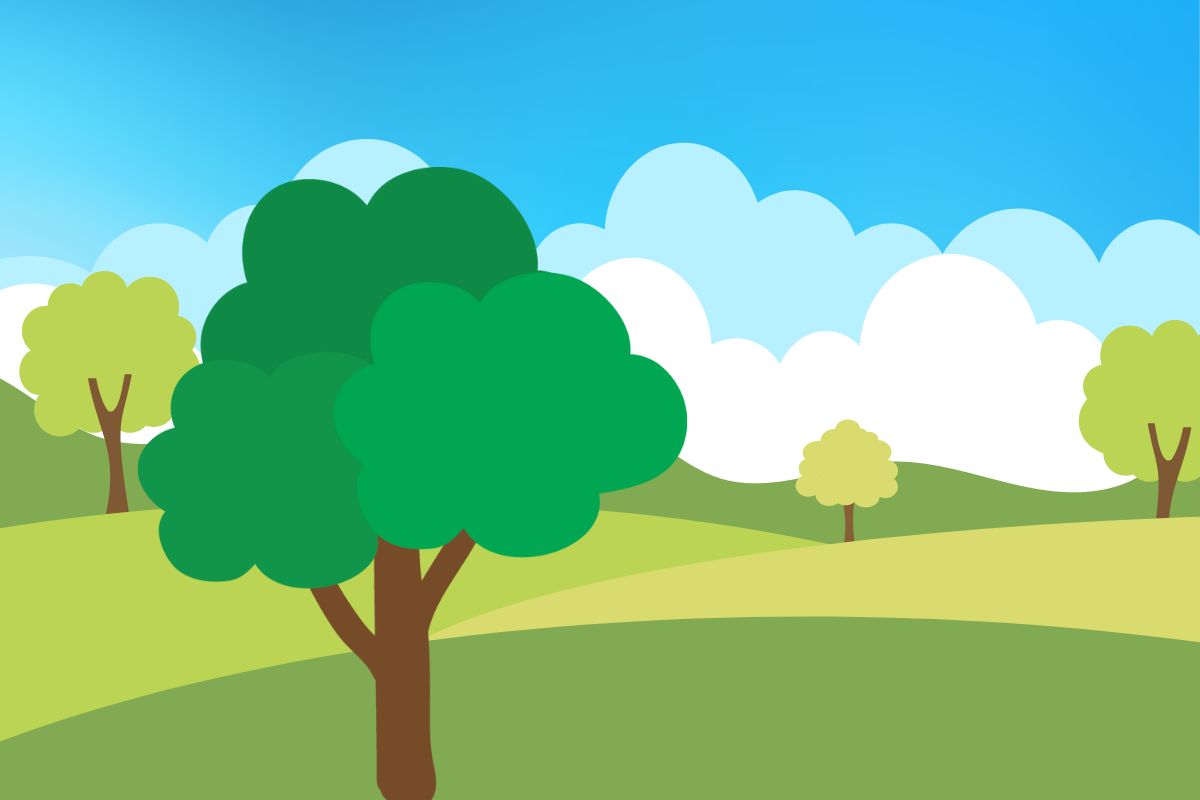
Not exactly the most ground-breaking wellbeing intervention, but it brings me a little happiness each day, and in busy lives, those micro interventions can be important.
I recently switched from being a dedicated Chrome browser user to Microsoft Edge.
It works just as well (at least for my needs), integrates well into Windows, has built in AI features and lots of other cool stuff.
I spend most of my working day connected to a browser in some shape or form, so having one I like is a must.
One of the features of Edge I like is a customisable sidebar where you can have links to sites and applications at hand.

One of those applications is E-tree.
The basic premise is that you are caring for a digital tree.

“You can earn water points by visiting and completing daily tasks on Microsoft Edge, and energy points by visiting and completing daily tasks on Microsoft Weather. When you reach 10,000 points (water or energy points, or combined), a real tree will be planted in Kenya. After each tree is planted, your points will restart at zero. You need to earn 20,000 energy points to plant your second tree, 30,000 energy points to plant a third tree, 40,000 energy points to plant a fourth tree, and 50,000 energy points to plant a fifth tree. For each subsequent tree after the fifth tree, you’ll need to earn 50,000 points.”
I just got my first tree planted, so feeling kinda chuffed.

But why am I blogging about it?
It’s an example of an activity that involves a very small amount of daily effort, some gamification (i.e. an inbuilt reward system), that results in an outcome that makes you feel like you are doing good or growing. This enhances your wellbeing.
In busy lives, these micro wellbeing activities (not a real term, but you know what I mean) take on an additional level of importance. They can do quite a bit of heavy lifting in providing pleasant moments throughout the day.
And when they are built into the tools/devices/programs you use everyday, it makes engagement with them very easy.
Look for such opportunities in your own workflows. Look at the tools you use daily (browsers, mobile phones, laptops) and see whether they have any of these kinds of things built in.
A student recently described to me that using Duolingo at the end of the day was a great way for them to unwind and disconnect from the day, whilst providing a sense of accomplishment. A great example.
Another app I used to use was Forest which had a similar digital tree focus, but with a broader goal of reducing time spent on your mobile.
I imagine wordle meets the wellbeing needs of millions of people everyday.
If you have a similar wellbeing activity in your day, sound out in the comments below.

